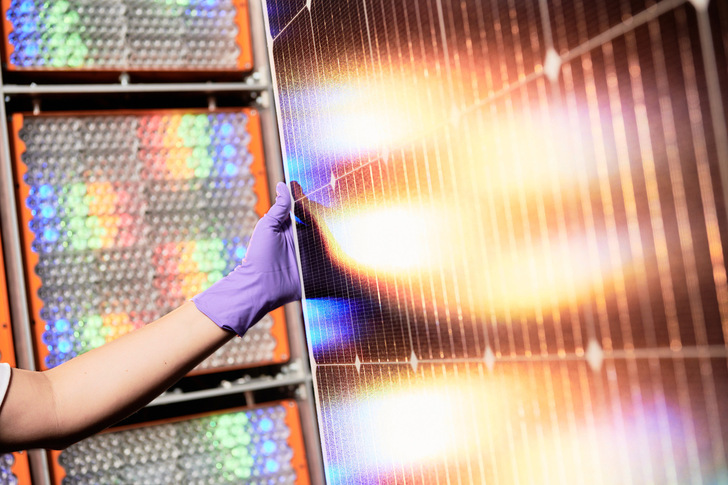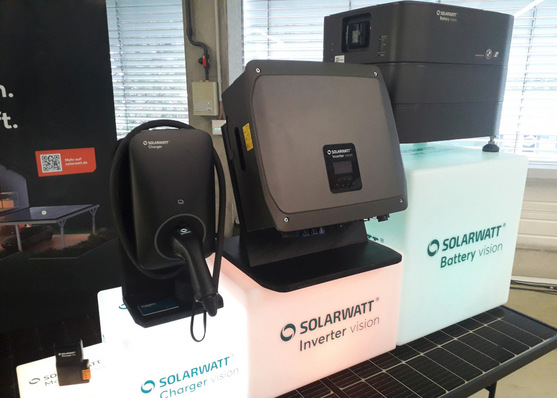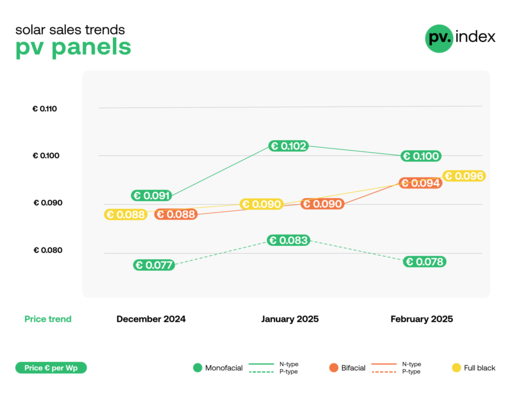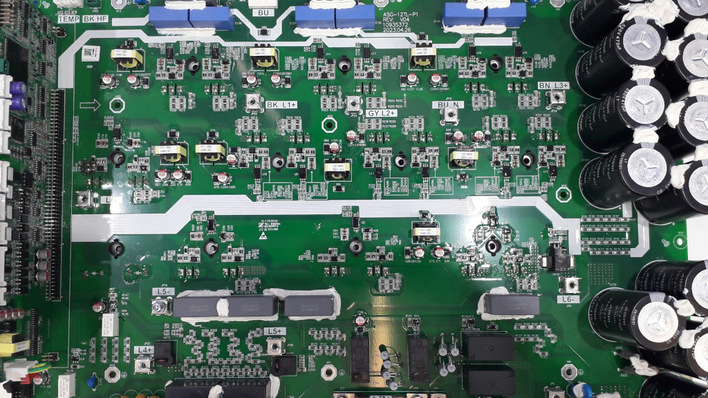The silicon perovskite module delivers an output of 421 watts over an area of 1.68 square metres. It is therefore the world's most efficient tandem solar module in industrial format. The scientists used Fraunhofer ISE equipment that is already in mass production and optimised the processes for the tandem technology.
Theoretical efficiency reaches 43 per cent
Oxford PV manufactures the perovskite silicon solar cells in M6 format with an efficiency of 26.8 per cent in a small series at its factory in Brandenburg. Commercial production of the tandem solar cells will begin this year. Perovskite silicon tandem cells have a theoretical efficiency potential of over 43 per cent compared to less than 30 per cent for conventional solar cells. A research team at Fraunhofer ISE has now built a glass-glass module with an efficiency of 25 per cent from the Oxford solar cells.
As the perovskite layer of the tandem cells is temperature-sensitive, the team developed low-temperature processes for the interconnection and encapsulation of the solar cells, which are also particularly gentle on the cells mechanically. "These are suitable for industrial mass production and can be implemented on commercial systems, and today's solar module production lines can be easily adapted," explains Achim Kraft. He works as a group leader for connection technology at Fraunhofer ISE. The solar cells were connected using conductive bonding.
See also: AI could improve the stability of perovskite solar cells
The new module is due to be certified soon
The Fraunhofer ISE laboratory used a new multispectral solar simulator for the measurements, which can be used to determine the efficiency of tandem modules. The project teams from Fraunhofer ISE and Oxford PV are now aiming for certification of the new module. To this end, intensive tests on long-term stability are already underway in the climate chambers at Fraunhofer ISE. (nhp/mfo)









